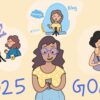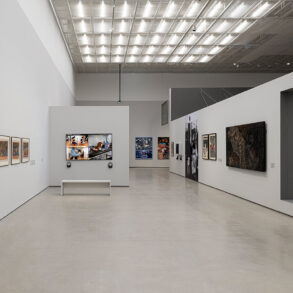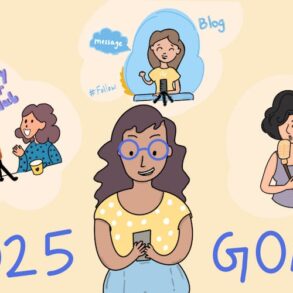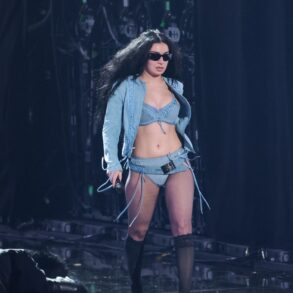
The singer-songwriter was named alongside astronaut Sunita Williams, actress Sharon Stone, Olympic athletes Rebeca Andrade and Allyson Felix, singer Raye, Nobel Peace Prize laureate Nadia Murad, visual artist Tracey Emin, Nigerian climate campaigner Adenike Oladosu, Kenyan-born Romanian Olympian Joan Chelimo Melly, and Sudanese activist and writer Hala Alkarib, among others.
A multiple winner at the Vodafone Ghana Music Awards and All Africa Music Awards, Wiyaala started her solo career in 2013, releasing her eponymous debut album in 2013 and her second album Sissala Goddess in 2018. Her third studio album African Polyglot arrived months ago.
“Recognised for her sense of fashion and unique style, the artist designs her stage dresses and accessories to showcase the traditions of her home region, in northern Ghana,” the BBC said. “Many of her lyrics shed light on the exploitation of African women. Wiyaala has worked closely with UN agencies and the Ghanaian authorities to combat child marriage. She has also built an arts centre, community radio station and restaurant to promote employment and creativity in her hometown of Funsi.”
In 2018, BBC News included Wiyaala in its list of “African Women We Celebrated,” alongside Ilhan Omar, the first Somali-American elected to the US Congress, and Sahle-Work Zewde, Ethiopia’s first female president.
The 2024 list was curated by the BBC’s 41 World Service Languages teams and Media Action, focusing on women who made headlines, influenced significant stories, or demonstrated resilience in driving societal change. This year, the BBC says special attention was given to climate pioneers, diverse societal contributions, and voices representing varied political and regional perspectives.
“We were looking for candidates who had made headlines or influenced important stories over the past 12 months, as well as those who have inspiring stories to tell or have achieved something significant and influenced their societies in ways that wouldn’t necessarily make the news.
“A pool of names was also assessed against this year’s theme of resilience. We wanted to acknowledge the toll this year has taken on women around the globe by selecting those who – through their resilience – are pushing for change and improving lives at community or global level.
“We have represented voices from across the political spectrum and from all areas of society, and explored names around topics that split opinion.
“The list was also measured for regional representation and due impartiality before the final names were chosen. All women have given their consent to be on the list.”





